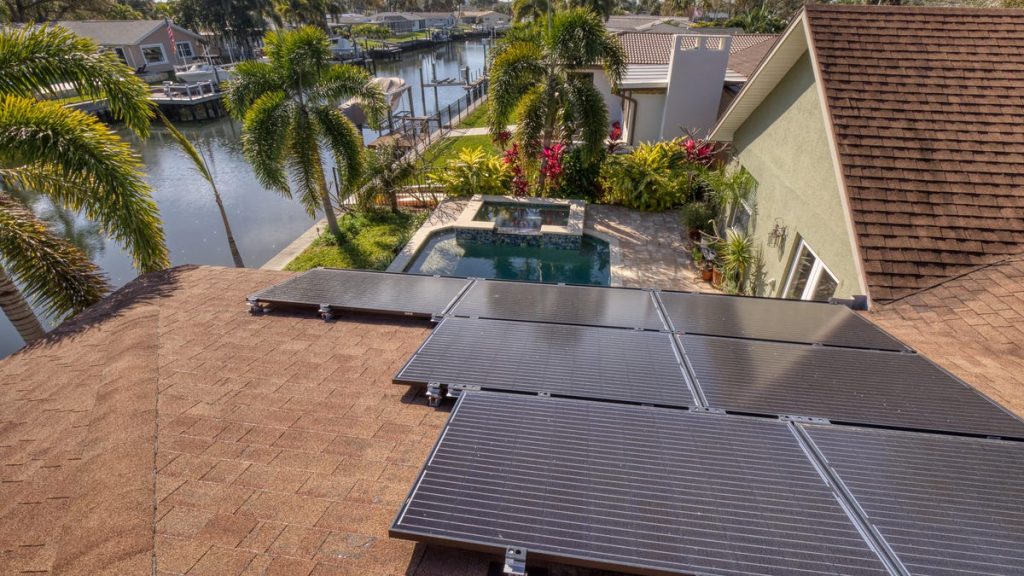Florida offers a range of incentives for residents looking to install solar panels, including sales tax and property tax exemptions, net metering policies, and PACE loans. Despite not ranking in the list of the best states for solar incentives, Florida has state-based programs as well as local and municipal-based incentives. However, there have been some criticisms and challenges to solar policies in the state, such as an attempted veto on ending net metering in 2022 and lack of transparency with PACE loans.
Depending on the location within Florida, residents can qualify for various solar incentives, including property tax exemptions, sales tax exemptions, PACE loans, and rebates for solar panels, solar water heaters, and solar attic fans. Residential electric customers in Florida can take advantage of the estimated values of these incentives, with the average property tax exemption saving around $218 per year and the sales tax exemption saving $1,440 on an average solar panel installation.
In addition to state incentives, Florida offers programs like PACE loans and SELF loans to make solar installations more affordable and accessible to residents. PACE loans allow for financing through property tax liens, while SELF loans provide fixed-rate loans for solar panels. There are also local rebates available for solar installations in specific cities like Boynton Beach and Dunedin, offering money back for qualifying solar panel systems based on capacity and efficiency.
Another federal incentive for solar panel installation is the solar tax credit, which provides a 30% rebate on the cost of solar panels at tax time, amounting to a potential $7,200 value based on an average cost of $24,000 for installation. Net metering laws in Florida allow customers to receive credits for excess solar energy generated, with the potential for yearly payouts based on avoided cost rates. However, the future of net metering in Florida remains uncertain, as legislation to eliminate it was vetoed by the governor.
For those interested in community solar projects in Florida, there are opportunities to participate in joint efforts across multiple public power companies in the state. Community solar programs allow energy consumers to access solar power without individual installations, with some utilities offering waitlists for available spots. Although Florida has restrictions on solar power purchase agreements for residential properties, there are ongoing efforts to expand access to solar energy through various financing options and incentives.


